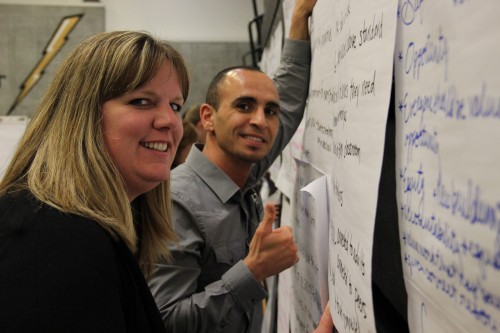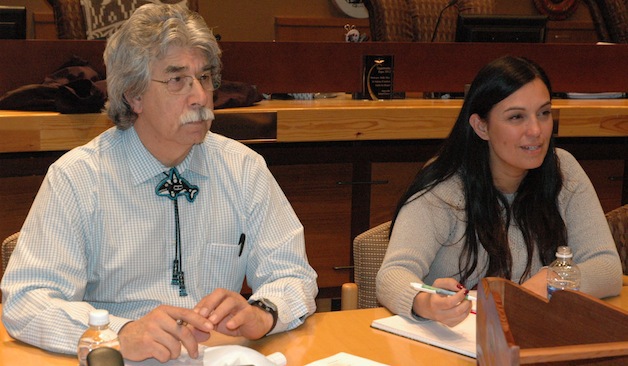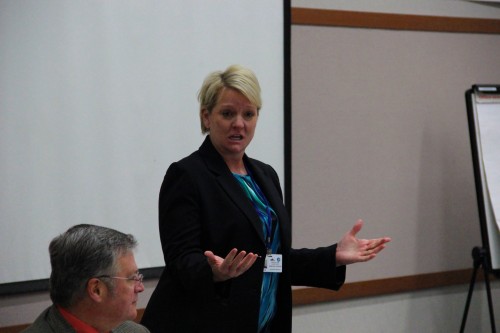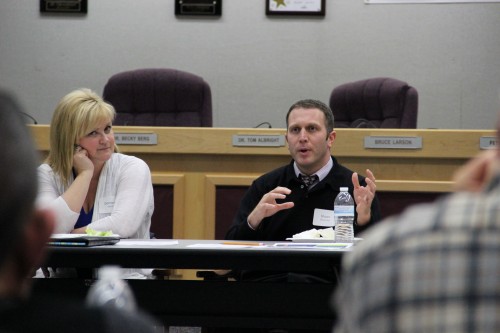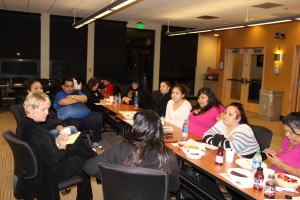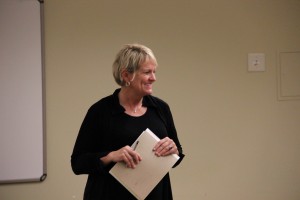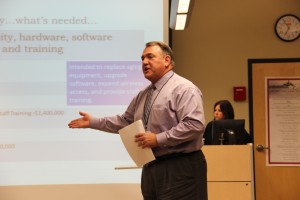By Jerry Cornfield, The Herald
OLYMPIA — Nearly 18,000 more kindergartners will be attending school all day this fall on the state’s dime but none of them will be enrolled in Mukilteo School District.
Lawmakers’ decision to put $90 million more in the state budget for all-day kindergarten will benefit students at 269 elementary schools in Washington including several in Snohomish County.
Funds will be available for students at four campuses each in Everett and Marysville school districts, according to a list released Monday by the Office of Superintendent of Public Instruction.
Also on the list are three schools in the Edmonds district and one campus apiece in the Sultan, Monroe, Darrington, Skykomish, and Oak Harbor districts.
Monday’s announcement by the state is good news for districts like Everett and Edmonds, which had been beefing up their preschool programs.
“The full-day kindergarten funding is another critical part of our efforts to get kids off to a good, solid start,” said Mary Waggoner, director of communications for Everett schools.
The Mukilteo School District stood alone Monday by not accepting $1.6 million to serve a projected 653 incoming kindergarten students, because it doesn’t have classroom space on the five elementary campuses where they would enroll.
While 33 other districts did turn down state money, none came close to rejecting the sum of money or affecting the number of students as Mukilteo.
“It is frustrating. It is not as if we don’t want the money,” district spokesman Andy Muntz said. “The problem is you need more classrooms and we simply don’t have them.”
Washington lawmakers set out in 2006 to fund all-day kindergarten in every public school district by the fall of 2017.
Lacking money to do it in one full swing, they started by aiding schools with the highest percentage of students living in poverty based on the number enrolled in the federal Free and Reduced Lunch program.
Last year, Washington had 80,258 kindergartners in its public schools. Of those, the state paid for a full day of instruction for 17,603 students and a half-day for 42,367.
Another 20,288 students attended all-day kindergarten in which half came from the state and the rest from a district or private tuition.
This year, lawmakers included the $90 million for expanding all-day kindergarten programs in the additional $1 billion they steered into basic education.
As a result, the number of students eligible for state-funded all-day instruction will grow by 17,817 to 35,420.
But none of those will be in the Mukilteo School District where 1,138 kindergartners attended last year, Muntz said. The vast majority was in half-day programs and the rest in the combination of state and non-state funded instruction.
The district’s problem is simple math.
Today, two half-day kindergarten classes can share one classroom. If both became full-day, another classroom would be needed. The district doesn’t have any and now relies on portables to handle overcrowded campuses.
Mukilteo school leaders anticipated a day like this might come. For seven years they’ve wrestled with the vexing challenges of increasing enrollment and an electorate unwilling to approve financing to build facilities including a new elementary school.
The school board put bond measures on the ballot once in 2006 and twice in 2008, all without success. Each measure had support of a majority of voters but none received the 60 percent required for passage. In the past five years, enrollment has risen by roughly 550 students.
“Our elementary schools are already overcrowded and one of the unfortunate consequences of overcrowding is that we simply don’t have the additional classrooms available to make full-day kindergarten happen,” Mukilteo School District Superintendent Marci Larsen said in a statement. “Our school board is currently considering options that could result in a bond proposal that would fund the construction of more elementary space.”
Muntz said voters could see the proposal next February.
Jerry Cornfield: 360-352-8623; jcornfield@heraldnet.com.
Newly funded schools include:
Darrington Elementary (Darrington School District); College Place, Chase Lake, Spruce (Edmonds School District); Madison, Emerson, Lowell, Jackson (Everett School District); Liberty, Quil Ceda, Shoultes, Marshall (Marysville School District); Frank Wagner (Monroe School Disctrict); Olympic View (Oak Harbor School District); Gold Bar (Sultan School District)


